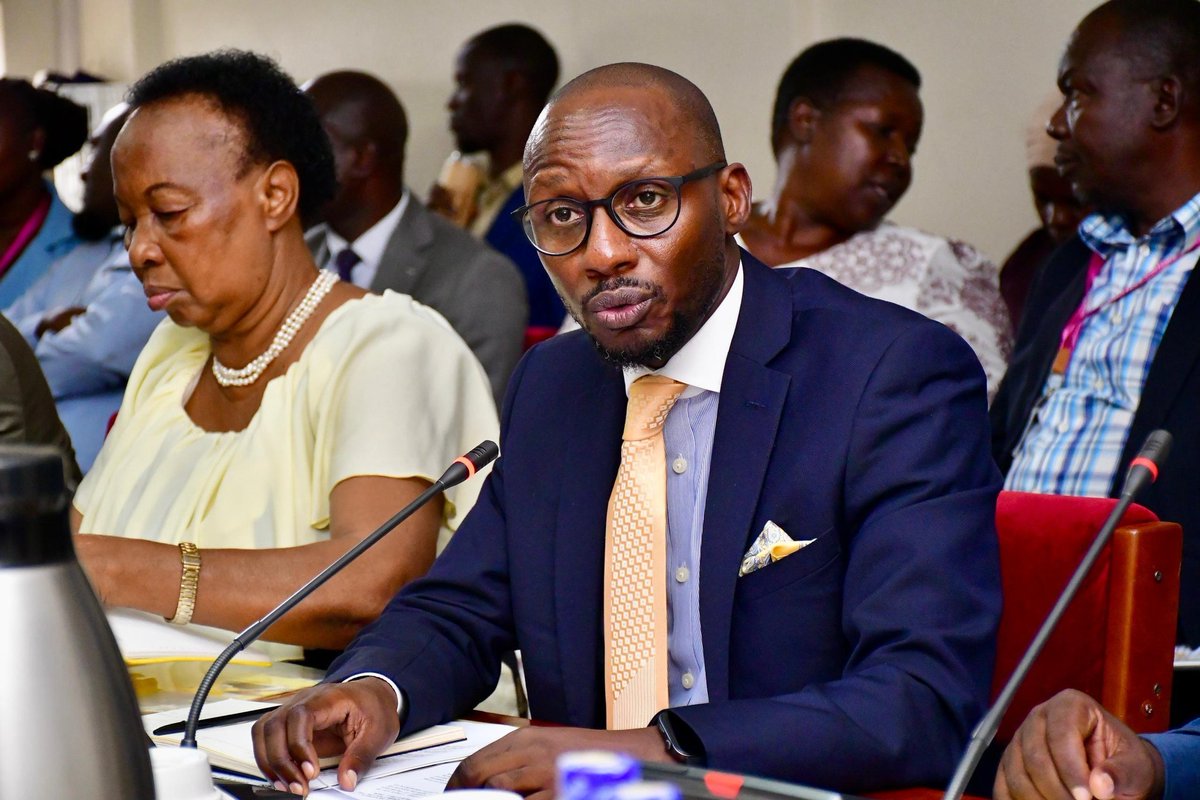October 15, 2024 – Kampala, Uganda
In a rare display of unity, the ruling National Resistance Movement (NRM) has joined forces with opposition parties to oppose the Administration of Parliament (Amendment) Bill, 2024. The controversial bill seeks to change how the Leader of Opposition (LoP) is chosen, proposing that the LoP be elected by Opposition Members of Parliament (MPs) rather than being appointed by the party with the majority seats in the opposition.
A Rare Cross-Party Consensus
The NRM’s stance against the Bill has surprised many, as it comes alongside strong opposition from Uganda’s key political parties, including the National Unity Platform (NUP), Forum for Democratic Change (FDC), and the Democratic Party (DP). Critics argue that the Bill, if passed, would undermine the integrity of the opposition’s leadership and create divisions within opposition ranks by pitting opposition MPs against each other in potentially contentious elections.
By joining the opposition in rejecting the Bill, the NRM has signaled that it sees the proposed changes as potentially destabilizing for Parliament’s overall functioning. The party’s spokesperson emphasized that the unity and stability of Parliament are paramount, and the current system of selecting the LoP by the largest opposition party ensures a clear and structured process.
Opposition Parties Speak Out
Opposition leaders have been vocal in their criticism of the Bill. Speaking on behalf of the National Unity Platform (NUP), Secretary General David Lewis Rubongoya reiterated the party’s strong opposition to the proposed legislation. He stated that the NUP’s rejection of the Bill is not about maintaining its position as the dominant opposition party but about protecting the integrity of the opposition’s role in Parliament.
“We wish to emphasize that our strong opposition to this Bill is not in any way premised on any intention to strengthen or maintain our stand in the opposition as the NUP. In fact, the NUP works day and night to ensure that it takes power and builds a NEW UGANDA,” Rubongoya told the Legal and Parliamentary Affairs Committee during a hearing.
FDC and DP have also expressed similar concerns, arguing that the Bill would introduce unnecessary political infighting within opposition ranks and weaken their collective ability to hold the government accountable.
Key Concerns
One of the major concerns raised by both the NRM and opposition parties is that the Bill could result in fragmented opposition leadership. Rather than empowering the opposition, the election process proposed in the Bill could create rival factions, potentially distracting from the opposition’s primary role of providing checks and balances on the ruling government.
Critics also argue that the Bill’s provision for an election among opposition MPs would introduce partisan interests, potentially allowing for external influences to sway the selection of the Leader of Opposition. There is a fear that such a system could be manipulated, weakening the opposition’s capacity to challenge government policies effectively.
The Road Ahead
With the NRM and opposition parties united in their opposition to the Bill, its future in Parliament looks uncertain. For now, the Bill remains under review by the Legal and Parliamentary Affairs Committee, and it is unclear whether the government will push for amendments or withdraw the proposal entirely.
The unusual unity between the NRM and opposition parties has drawn attention to the broader implications of the Bill for Uganda’s democratic processes. As Parliament continues to debate the issue, many Ugandans are watching closely to see whether this moment of cross-party consensus can pave the way for more collaborative politics in the future.
CMP Publications will continue to follow developments on the Administration of Parliament (Amendment) Bill and provide updates as they unfold.

